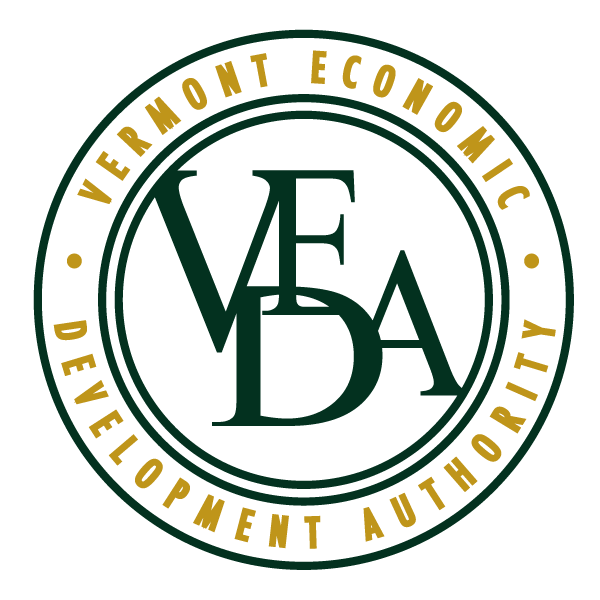802.828.5627Contact UsRates & Fees
802.828.5627Contact UsRates & Fees
Agricultural Loan Program
Jenny Vascotto and her husband, Giacomo, have more than a decade of experience in Michelin-ranked, high-end kitchens. Their backgrounds have brought them all over the world — from Italy to San Francisco.
When Jenny’s mother decided to retire to Vermont, she made an offer they couldn’t refuse… access to land.
The couple came to Vermont in 2019 to start their farm. A year later, they grew with value-added pasta.
The Green Mountain State offered them — as Trenchers Italian Farmhouse — a new frontier in their farm-to-table journey. In the world of California cuisine, Vascotto said, there is an emphasis on the sustainability trend, but a gap between chiefs and farmers.
Now, they are able to focus on building relationships, partnerships, with farmers.
“The plethora of incredible organic farmers and people who really steward the land is just bar-none,” she said. “We work directly with these family farms; have close relationships with them. It really helps our supply chain as well — if I don’t have carrots this week, I know why.”
It also provides an added level of creativity, she said, finding alternatives that will get the job done and on the plate.
“It really feels more like the Italian food my husband grew up with — knowing his farmer down the street and everything being much more closed-circle.”
The largest roadblock the couple faced was a lack of data — entering business as 2020 (and its accompanying challenges) happened meant the future of farmer’s markets was uncertain. Trenchers pivoted with its Pasta Club, a sort of pasta CSA, which is still popular among its few dozen members. Another unique quality the couple found in Vermont were the resources available to support small business owners.
This, of course, includes VEDA.
As the business continued to grow and carve its path, Trenchers received a grant from the Sustainable Jobs Fund for coaching; a sort of growth consultation for the business that had nearly doubled year-over-year. What they found was that going into 2023 funding was the missing piece. Having outgrown the size of their pasta machine because of the demand for the product was a good problem to have — but an expensive one nonetheless. They needed a delivery vehicle, too.
When they learned about VEDA, that solution to that missing piece became clear.
“We were really nervous about getting a loan,” Jenny said. “Our business to date had no debt, so we had never done it before and really didn’t know what we were getting into. At that time interest rates were high and we didn’t know if we could even afford a loan realistically.”
VEDA, she said, made it possible. Going through the loan process was smooth, and, in a positive surprise, the vehicle they needed ended up costing less than predicted. Instead of having to return the remaining funding, VEDA’s staff was able to update the business’ loan paperwork so that the rest could be used for working capital.
“For our first time, they really made us feel like they were understanding our business and were really there to help us,” Vascotto said. “It wasn’t just a one-and-done. They came to the farm, they really took the time to get to know our business and make sure it was a good fit for us.”
As the business plans to double in size again this year, quadrupling wholesale, Vascotto credits VEDA’s financing in helping get there. Given that sustainability — both environmentally and economically — is a core value for Trenchers, the VEDA loan is keeping them on track.
Because of the financing, Vascotto is able to say yes to wholesale accounts as they come in, to deliver as needed and not have to break their backs loading giant coolers out of a pickup truck.
“It felt like a relationship, like ‘This is someone who is excited about my business, who does see the potential’,” she said — it wasn’t just a transaction.
